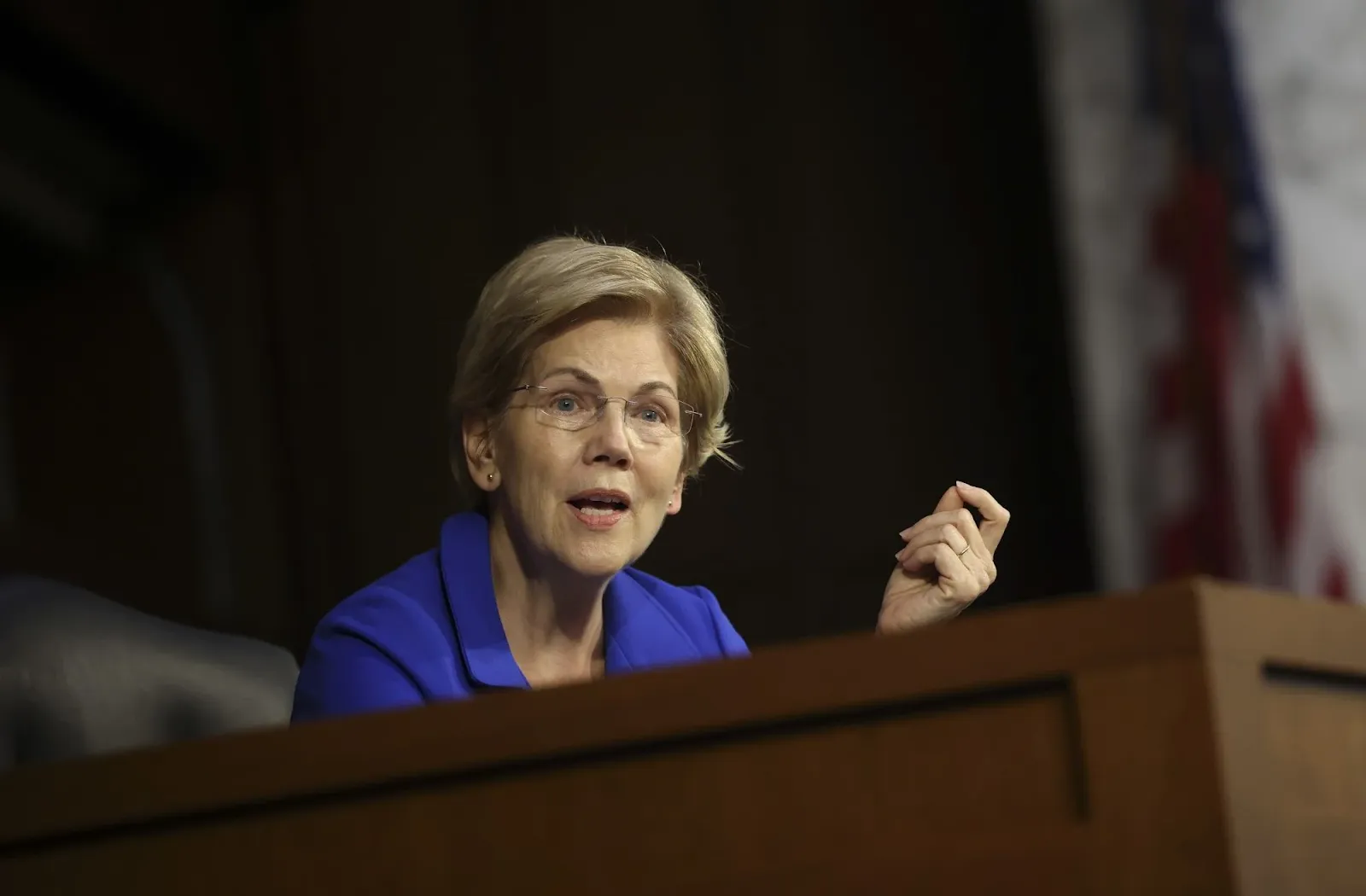If Congress Fails To Raise The Debt Ceiling, Economists And Activists Warn Of A Debt Default
As part of a stalemate between Republican lawmakers and the White House over whether to raise the $31.4 trillion debt limit, a Senate subcommittee on Banking, Housing, and Urban Affairs Committee heard from witnesses on Tuesday about the consequences of not raising the debt limit. Over a bill that would allow the federal government to continue to pay its debt obligations.
Moody's Analytics recently released a new report outlining alternatives to an increase in debt limits which was a key feature of yesterday's hearing before the Subcommittee on Economic Policy of the House of Representatives. Moody's chief economist Mark Zandi has said that an impending default would be a "catastrophic blow to the economy that is already fragile.".
“The global economy and financial markets would be upended, and even if the default were resolved quickly, the American people would probably have to pay for this default in the future.” In his opening remarks released before the hearing, Zandi said that global investors are likely to believe that the federal government's finances have been politicized and that there may be a time when they would not receive what they are owed when it is due.
Additionally, Moody's analyst said that a Republican budget proposal that included large spending cuts with the goal of reducing fiscal spending to levels in 2022 over a period of ten years would result in a recession next year, resulting in the loss of 2.6 million jobs as a result.
“Since the Republicans have made it clear that there will not be any tax increases, and that Social Security and Medicare benefits will remain untouched, the only way to achieve a balanced budget would be to eliminate all discretionary spending and the Medicaid program”, he stated. “The recession in 2024 is predicted to be caused by a dramatic reduction in government spending, as well as the already fragile economy, which is a result of the drastic reduction in government spending. The severe fiscal restraints that have been imposed on the economy also have a significant impact on the growth prospects of the economy over the longer term."
Republican lawmakers, led by House Speaker Kevin McCarthy, R-California, have opted not to reach an agreement on the debt ceiling until negotiations with the White House over budget priorities have been completed. However, the U.S. Treasury Department will exhaust all of the temporary measures it can take to delay a default between July and September if lawmakers don't raise the debt ceiling, the Congressional Budget Office has warned.
A growing number of legislators are worried that, as time runs out, the Treasury might be forced to breach the debt limit if it doesn't prioritize payments to Treasury bondholders in order to avoid a breach, a report said. The solution has been labeled as "badly misguided" by analysts.
“The workaround would be challenged in court, Zandi said. "Investors would demand much higher interest rates in compensation if they were unsure how this legal uncertainty would be resolved. The idea that bond investors, including foreign investors, would get their money ahead of American seniors, the military, or even the federal government's electric bill, seems unimaginable politically."
American Action Forum president Douglas Holtz-Eakin told the senators that the U.S. could effectively hand economic power over to China if it defaults on its debt and threatens its international creditworthiness.
“It is a bit off-putting to think that we could give up the creditworthiness of the Treasury notes and have the world stand by without looking for another reserve currency. That is what is missing here,” Holtz-Eakin said. “Then we would be handing China that opportunity. At this point, there's no reason to do so."
Holtz-Eakin stated in his opening remarks that skirting default would have serious and adverse economic consequences for the economy as a whole.
“There would be a reduction in stock prices, thereby reducing the wealth of many taxpayers. A decrease in economic confidence could result in a reduction in consumer spending as a result. The increase in interest rates would result in billions of dollars of interest payments being owed by taxpayers as a result. Moreover, it would increase the likelihood of an accident defaulting on a loan," he stated.
Senator Elizabeth Warren, chair of the economic policy subcommittee, compared Republican resistance to the debt-limit decision to not paying a credit card bill.
“It has become clear that the House Republicans have decided to use the debt ceiling as a weapon to hold our government and our economy hostage,” the Massachusetts Democratic senator said during the hearing.
“Government spending must be cut massively, the investment must be made in the American economy, investment in American workers must be made, or the United States will not be able to repay its debts. You know, it's a little like charging up a credit card and then declaring that your new budget plan is: We won't pay the credit card bill.”
“The upcoming debt limit deadline does not seem to be a concern for many House Republicans,” Warren said in her opening remarks. “There seems to be a high level of excitement among them that they have the opportunity to use it as leverage to demand tax cuts for billionaires and giant corporations.”

Subscribe to our newsletter!
As a leading independent research provider, TradeAlgo keeps you connected from anywhere.








